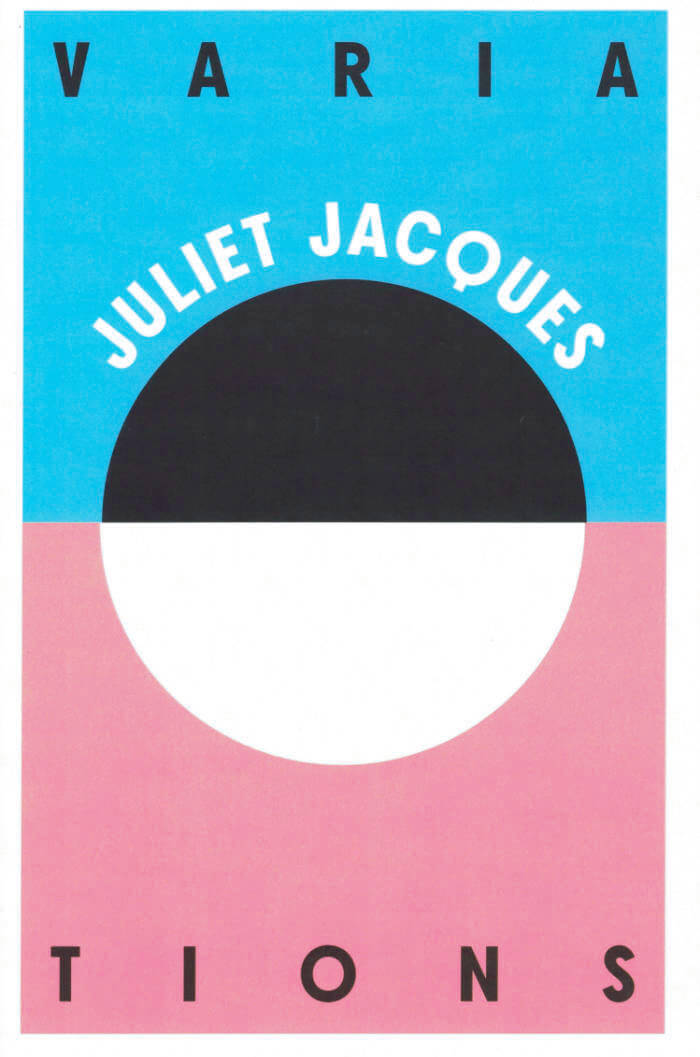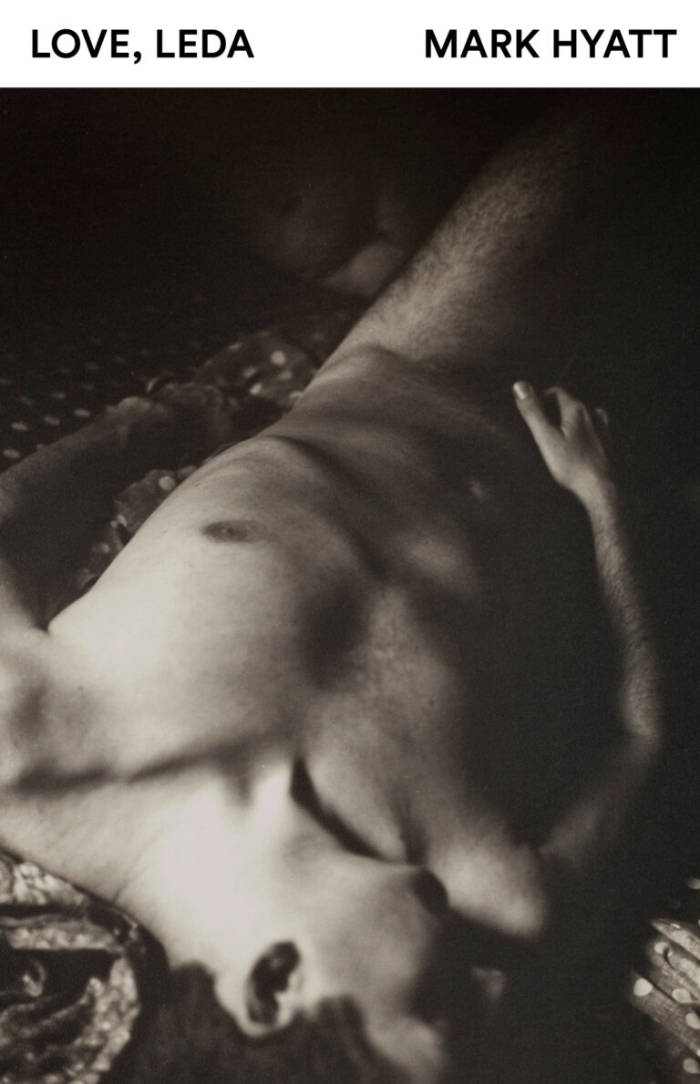
Organ Meats
Two girls are bound by red string and canine heritage in this vivid tale about female companionship and loyalty, from the National Book Award "5 Under 35" honoree and author of Gods of Want.
Best friends Anita and Rainie have made countless visits to their home base: an old sycamore tree and its neighboring lot of stray dogs who have a mysterious ability to communicate with humans. The girls learn that they are preceded by generations of dog-headed women and women-headed dogs whose bloodlines knot them together like thread. Anita convinces her best friend Rainie to become a dog with her, tying a collar of red string around each of their necks to preserve their kinship forever. But when the two girls are separated, Anita sinks into her dreams and lands herself in a coma that only Rainie knows how to rouse her from. As Anita’s body begins to rot, her mind straying farther and farther away from the waking world, it is up to Rainie to rebuild her friend’s body and keep Anita from being lost forever.* Tasked with gathering new organs from the mythical landscape of their shared childhood, Rainie must return to the past and ask herself how far she is willing to go to reunite with the girl who has haunted her and hunted her in equal measure.
In rhythmically poetic and visceral lore, K-Ming Chang veers away from the ordinary and into the macabre. Filled with ghosts and bodily entrails, this is a story about the horror and beauty of intimacy, being tethered to another person across time and space, and transforming our origins.




